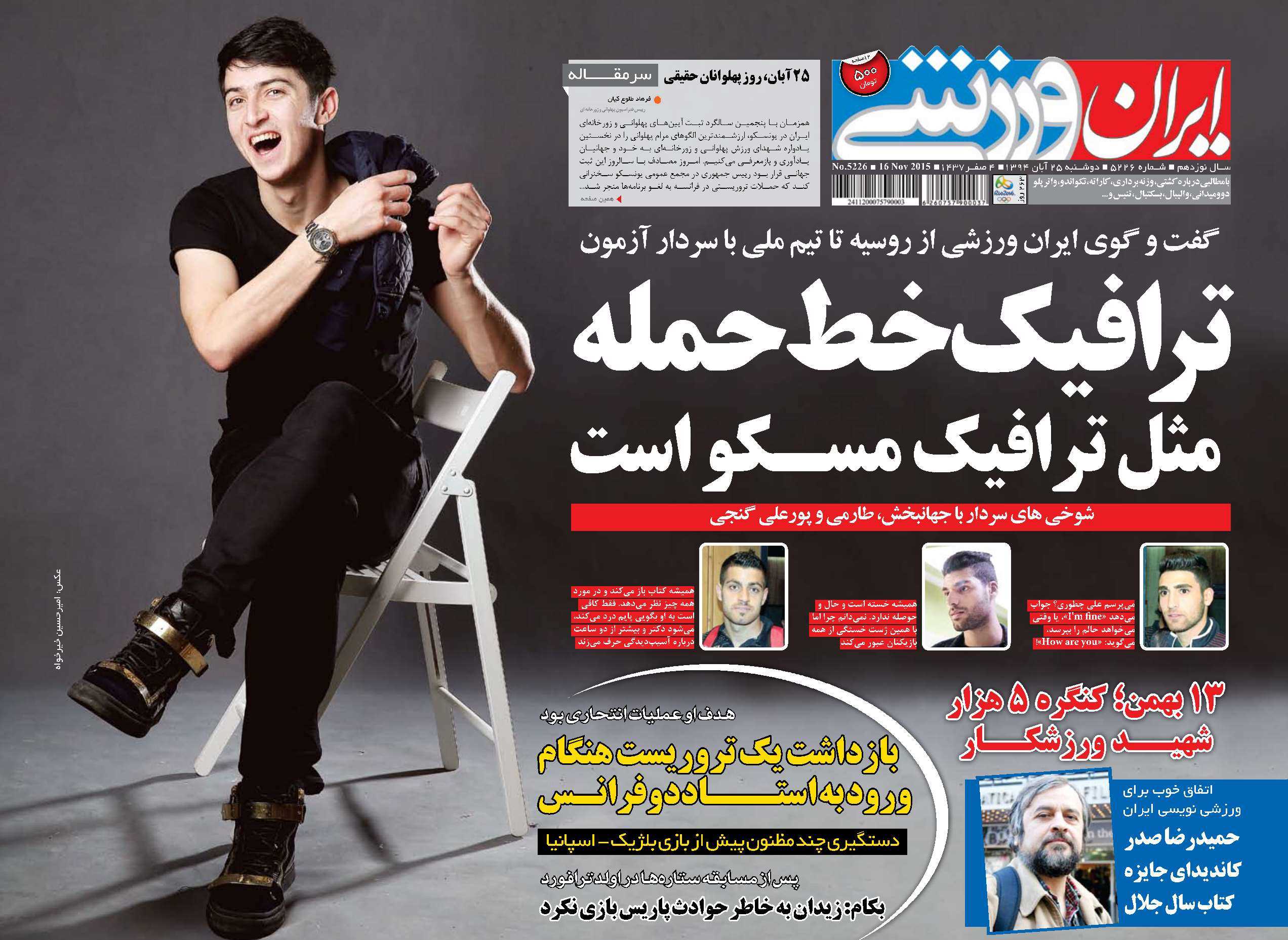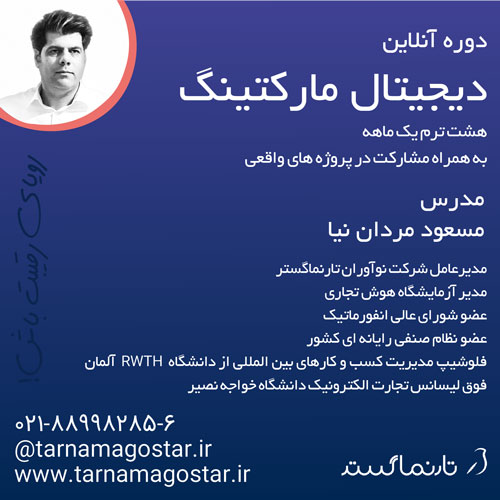|
|
رفتار دوگانه فرهاد با بازیکنان استقلال
رضاوند مستحق جریمه نیست آقای مجیدی؟
یادداشت آنچه زنوزی با تراکتور کرد؛ یک زمین سوخته
پایان آرزوهای آدم برفی!
یادداشت منچسترسیتی مهار شدنی نیست
تولد 70 سالگی اسکندریان در شب سال نو میلادی
در آستانه شروع سال نو میلادی آندرانیک اسکندریان هم 70 ساله شد. فروپاشی امپراتوری وعدههای توخالی اقتصادی فوتبال
شاباشهایی که مثل آوار روی سر تراکتور خراب شد
پیرمردی رها شده به نام «آزادی!»
یادداشت 10 درصد قرارداد رشید کسر میشود
عذرخواهی مظاهری
رشید مظاهری که بهدلیل بعضیها رفتارها در تمرین استقلال از سوی مجیدی کنار گذاشته شده بود در جلسه انضباطی باشگاه استقلال شرکت کرد. در این نشست مظاهری توضیحاتی درباره اتفاقات رخ داده ارائه کرد و در نهایت بابت ماجرایی که در تمرین رخ داده بود عذرخواهی کرد. قرار است مبلغی از قرارداد این دروازهبان کسر شود. گفته میشود 10 درصد از قرارداد او کم خواهد شد اما روشن نیست که سرمربی استقلال با بازگشت این دروازهبان به تمرین موافقت کند یا خیر؟! |
|
آدرس مطلب:
آدرس مطلب:
آدرس مطلب:
آدرس مطلب:
آدرس مطلب:
آدرس مطلب:
آدرس مطلب:
آدرس مطلب:
آدرس مطلب:
|
































